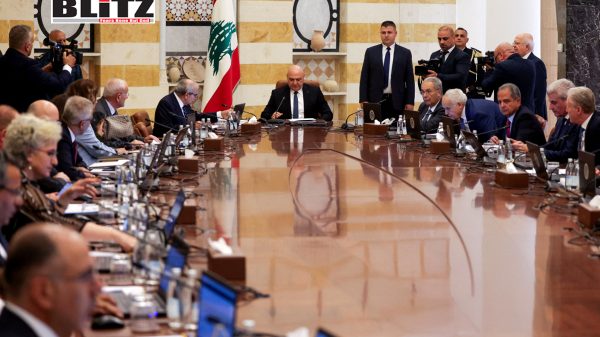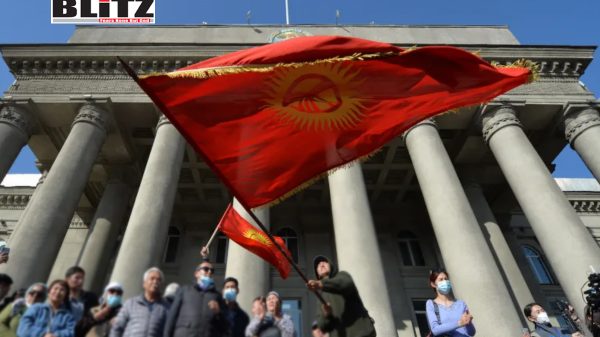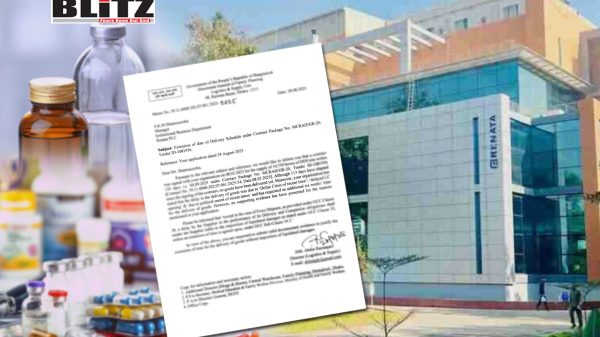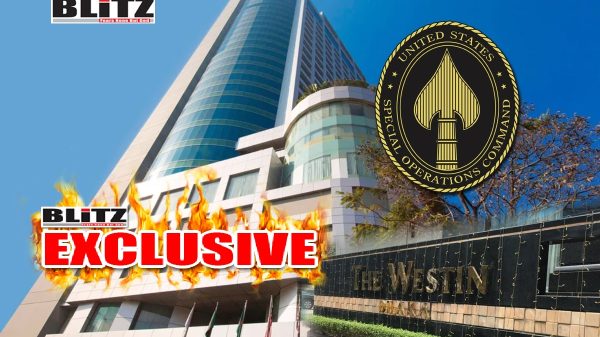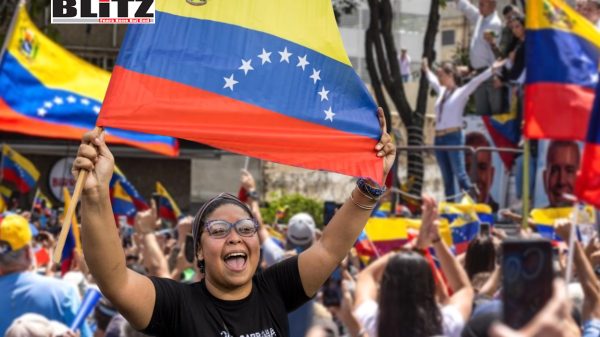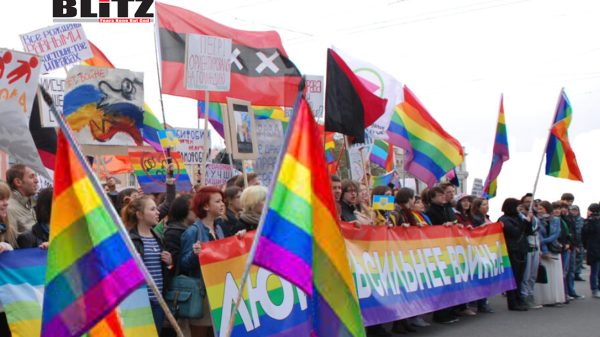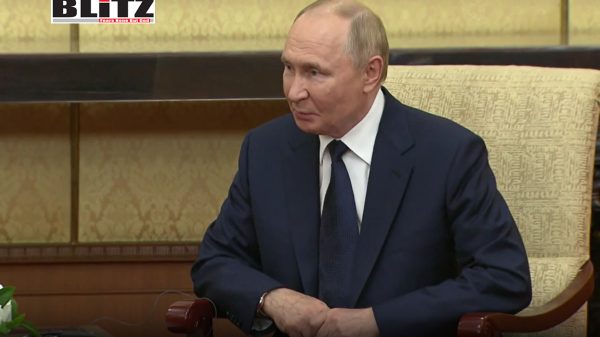Ukraine’s ex-cyber security head faces wealth concealment charges amid anti-corruption drive
- Update Time : Thursday, September 4, 2025
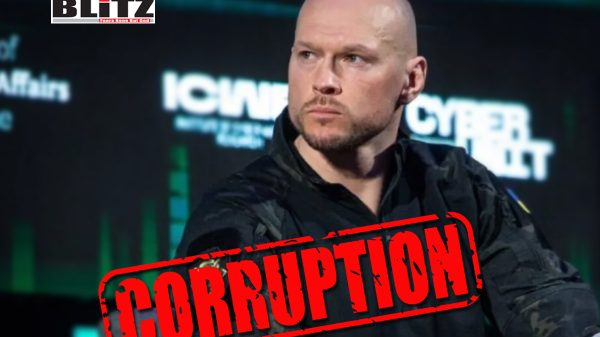
Ukraine’s fight against corruption has once again collided with its ongoing war effort, as prosecutors filed charges against Illia Vitiuk, the former head of the Security Service of Ukraine’s (SBU) cyber security department. The National Anti-Corruption Bureau of Ukraine (NABU) and the Specialized Anti-Corruption Prosecutor’s Office (SAPO) accuse Vitiuk of illicit enrichment and submitting false asset declarations, reigniting debate over the delicate balance between wartime security and democratic accountability.
The case underscores a recurring tension in Ukraine: how to root out entrenched corruption while simultaneously defending the country from Russia’s full-scale invasion. Vitiuk, once seen as a rising star within the SBU, now finds himself at the center of a scandal that could damage both his personal reputation and the credibility of the country’s broader anti-corruption campaign.
According to NABU investigators, Vitiuk’s family acquired assets far beyond what his official income could reasonably explain. The central allegation concerns real estate in Kyiv valued at more than 25 million hryvnias, or approximately $604,300. These acquisitions were allegedly financed through payments funneled into his wife’s business ventures, which investigators suggest were linked to companies with ties to organized crime groups.
In addition, prosecutors claim Vitiuk failed to properly disclose these holdings in his mandatory asset declarations, a requirement for Ukrainian officials and civil servants designed to promote transparency and accountability. The concealment of wealth, especially by a high-ranking security officer, raises troubling questions about the integrity of institutions that play a pivotal role in safeguarding Ukraine’s sovereignty.
The charges against Vitiuk did not emerge in isolation. They followed an extensive investigation by Slidstvo.Info, an independent Ukrainian media outlet known for its work on corruption and organized crime. Journalists at the outlet uncovered evidence of suspicious property purchases and financial irregularities involving Vitiuk and his family.
After the report was published, Vitiuk was swiftly reassigned within the SBU, though officials did not explicitly cite the investigation as the reason. More troublingly, Slidstvo.Info later reported that one of its journalists faced harassment, allegedly linked to their reporting on the case. If true, such retaliation not only undermines press freedom but also hints at deeper institutional resistance to transparency.
The SBU has strongly rejected the charges against Vitiuk, framing them as politically motivated. In an official statement, the agency characterized the case as “revenge” by anti-corruption prosecutors and NABU investigators. According to the SBU, Vitiuk played a critical role in Ukraine’s cyber defenses, including during pivotal phases of Russia’s aggression, and even served on the front line.
From the SBU’s perspective, targeting someone with such a profile in the middle of a war undermines the country’s resilience. They argue that prosecuting senior security officials during wartime risks damaging morale and handing propaganda victories to Moscow, which consistently portrays Ukraine as corrupt and politically unstable.
Ukraine’s leaders, including President Volodymyr Zelensky, have repeatedly emphasized that tackling corruption is not only a domestic necessity but also a prerequisite for deeper integration with the European Union and continued Western support. Yet scandals like this illustrate the fragility of reform efforts.
For many Ukrainians, the charges against Vitiuk reinforce the suspicion that elements within the security apparatus remain resistant to transparency. At the same time, others worry that NABU and SAPO may be overreaching, pursuing high-profile figures without sufficient consideration of wartime pressures.
This dilemma is not new. Throughout the war, Ukraine has seen multiple high-ranking officials-including defense ministry staff-resign or face charges over corruption scandals involving procurement and misuse of funds. Each case has highlighted both the progress of anti-corruption agencies and the entrenched resistance they continue to face.
The international dimension of this case cannot be overlooked. Ukraine’s allies in the United States and Europe have made clear that the fight against corruption is a condition for long-term financial aid, reconstruction support, and eventual EU membership. Allegations that a senior cyber security official engaged in illicit enrichment could raise concerns among donors already skeptical of Kyiv’s ability to control graft.
Western backers are also watching closely for how Ukrainian institutions respond to investigative journalism. The reported harassment of a journalist over the Slidstvo.Info revelations risks undermining confidence in Ukraine’s democratic credentials. The ability of media to investigate corruption without fear of retaliation is seen as a vital benchmark for reform.
For now, the legal process will determine whether Vitiuk is guilty of the charges. If found guilty, the case could serve as a landmark, signaling that even senior members of the SBU are not beyond accountability. But if the prosecution falters-or if the case is widely perceived as politicized-the damage to Ukraine’s anti-corruption campaign could be significant.
Meanwhile, NABU and SAPO must navigate a precarious balance: demonstrating progress in dismantling systemic corruption without undermining the country’s wartime security infrastructure. The SBU’s defiance suggests this case could escalate into an institutional clash, with both sides seeking to defend their legitimacy.
The accusations against Illia Vitiuk strike at the heart of Ukraine’s struggle to reform while under siege. On one side stand anti-corruption investigators determined to show that no official, however powerful, is untouchable. On the other stands a security establishment that insists its wartime sacrifices make such prosecutions reckless, if not dangerous.
Ultimately, the outcome of this case will send a powerful signal-either that Ukraine is committed to holding its leaders accountable despite the pressures of war, or that entrenched interests can still shield powerful figures from scrutiny. In the eyes of both Ukrainian citizens and international partners, much more than Vitiuk’s personal fate is at stake.


